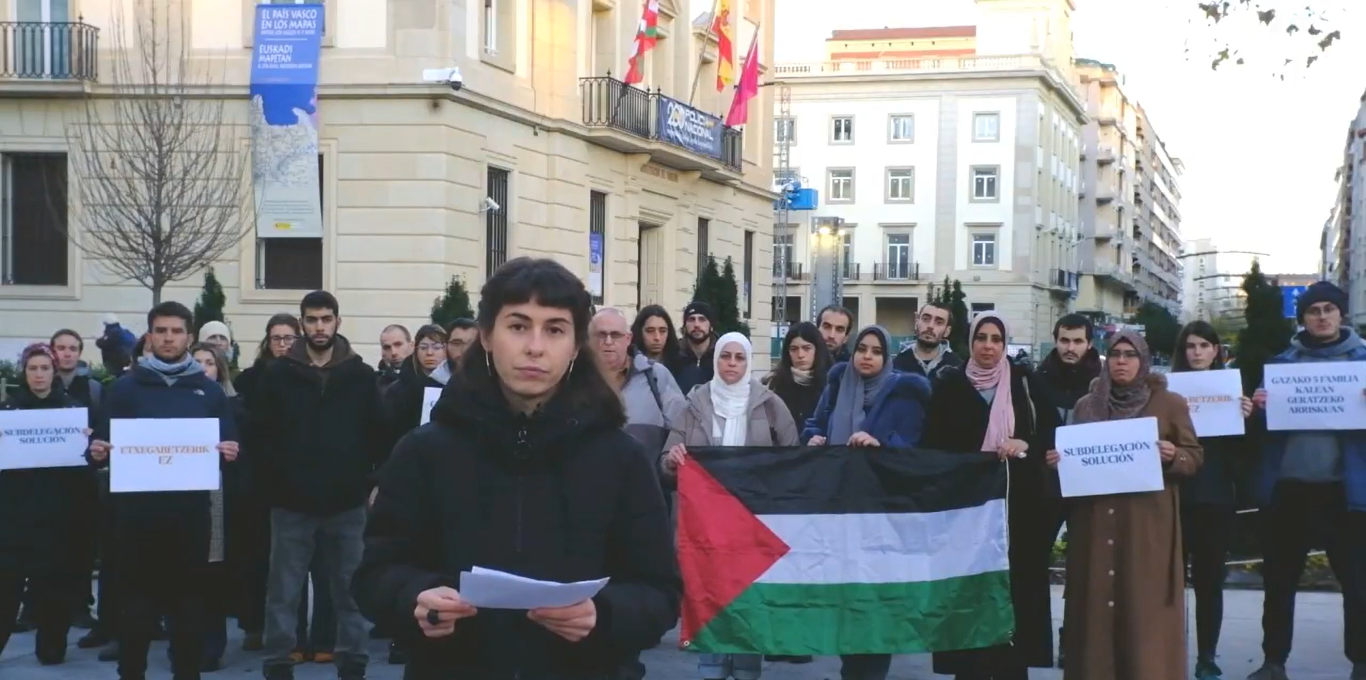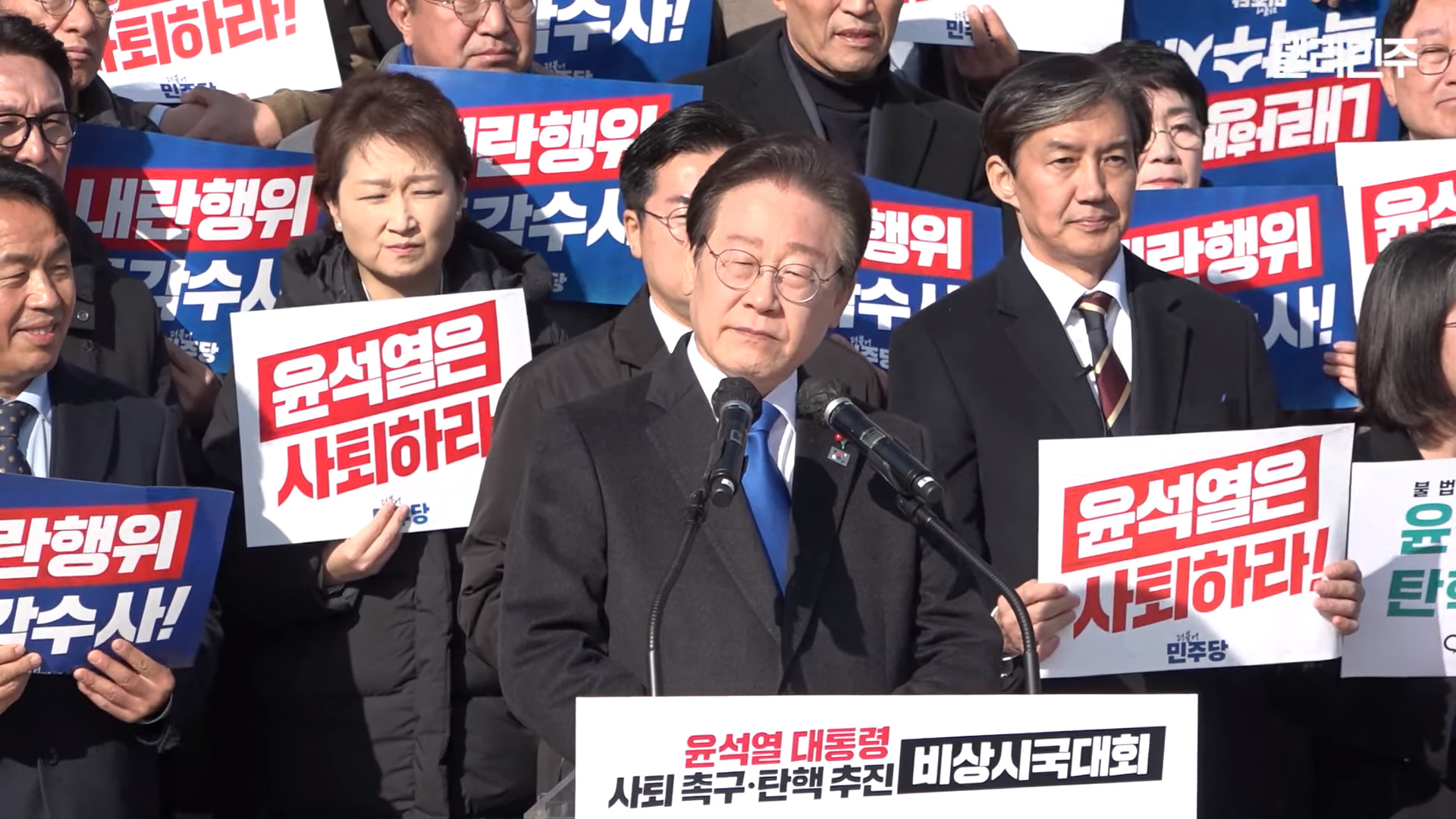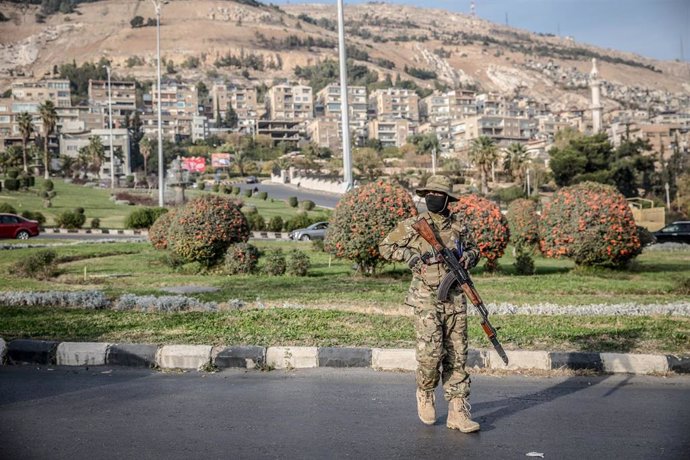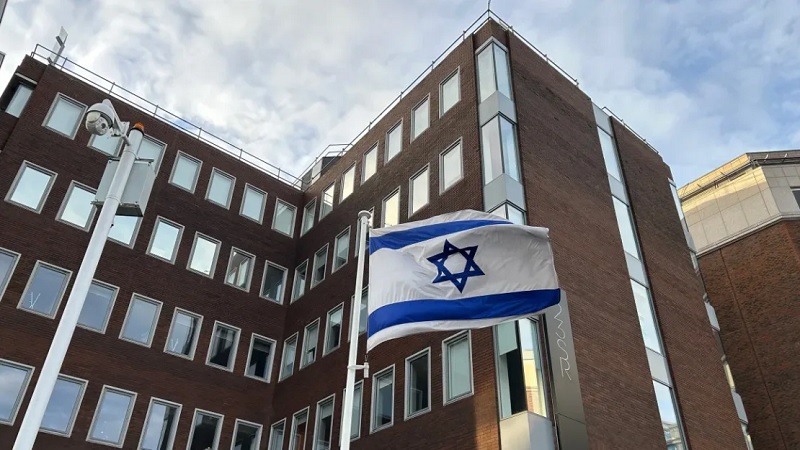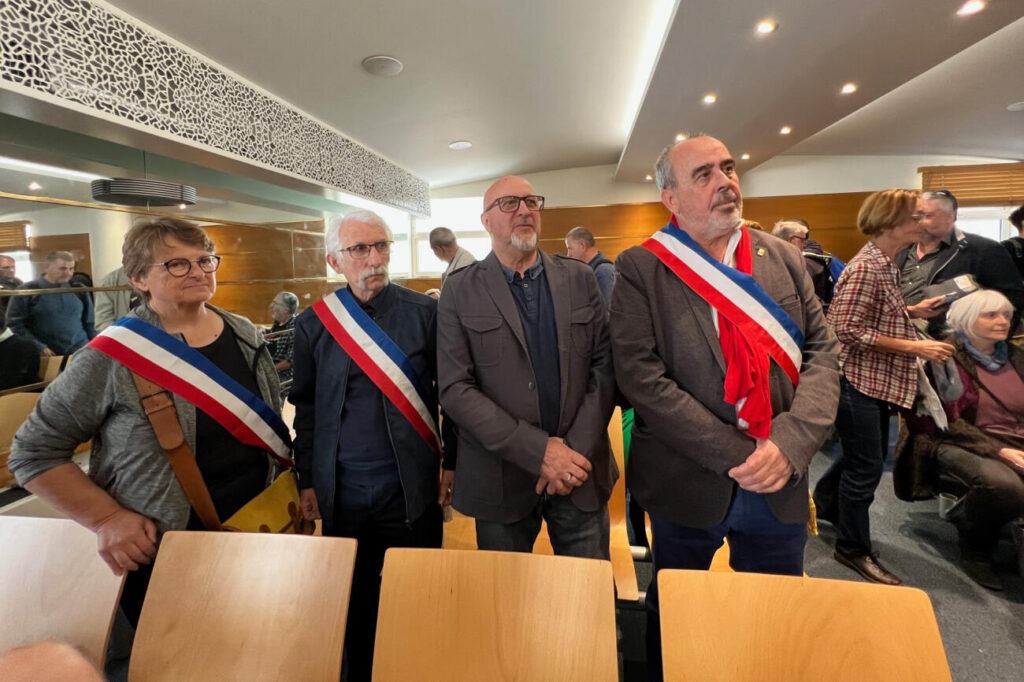Peasants of the world asking about robbers stealing the land
- Giant palm oil producers in Malaysia buying land in East Africa. Wall Street bankers held on farms in Brazil. Saudi Arabia’s princes assume extensive camps in the Philippines. Swiss, Chinese oligarchs... It is estimated that in Asia, Africa and America, foreign capitalists have acquired 10 million hectares of land.
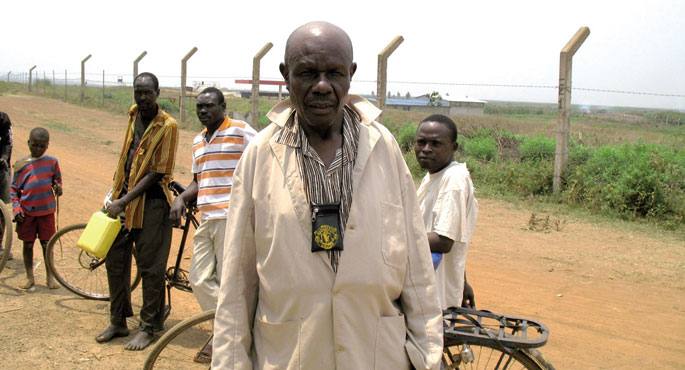
Spain, France, Germany, Great Britain and Italy -- the land area that the world's rich have acquired in less than ten years. Except those who lived there, of course.
The hectares are huge. The comparator is journalist Fred Pearce, author of the book The Land Grabbers (“Land Hunters” or “Land Robbers”). Below the main trunk, the smaller ones say: “A new struggle for the world. How land accumulates on Wall Street, the rich Chinese, the oil sheikhs and agro-industrial industries, in a world full of hunger and people.”
Pearce was interviewed by the newspaper The Guardian in May last year, but did not become an officer. “I’m an old school journalist,” he said. He loves to tell the events from there. I had heard several times about the rapist and had visited a dozen countries to see closely how the millionaires took over the Brazilian savanna, the marshes created by the Indonesian jungle or by the Malin Niger River.
As Pearce has reported, the burden of the new employers is noted in everything. “You leave a place in Tanzania and the mobile phone says ‘welcome to the Arab Emirates Union’. A general in this state has purchased all the rights to hunt in the 400,000 hectares of a Tanzanian national park. Locals say the lights go on at night, they get inflamed and the leopards that flee die with AK47. Meanwhile, the elite paramilitaries of the Government of Tanzania have Masai away from there.”
In America, but especially in Africa, you'll find people moving from one side to the other because they've been expelled from their lands forever. There is no respect for anyone’s rights, either historical or cultural. Land looters want large areas of some 50,000 hectares or more, and that cannot be achieved if those who have the tradition of hunting or grazing since time immemorial have not been released.
It has become the new sport of the oligarchs of the world in English called Land Grabbing and in French Accaparement des terres. If you want to learn something about what will be the mother of many conflicts, rebellions and wars in the 21st century, you have to go to GRAIN from time to time.
GRAIN is more than a website, a small international non-profit organization that, like the world’s farmers, wants to help social movements retain or develop food systems controlled by local and biodiversity based communities.
There are at least two Basque countries in GRAIN: Paul Nicholson is the president and Aitor Urkiola has the administrative and financial responsibilities. Recently it has been edited by GRAIN - in English, Spanish and French - a valuable document to meet the new landowners of the world: “Who are behind the theft of land?” It's full of names, surnames, money, power and tragedy.
Land Food Control
Susan Payne summarizes the craving of a millionaire approaching to buy or rent large areas in countries like Africa or South America: “Like a kid in a candy store. You have huge opportunities and the risks are much lower than people think.” Canadian investment company Emergent Asset Management, led by Payne, has made a significant amount of land in Africa.
Some of the 15 samples that GRAIN has selected as models of land speculators are from the North and West of the world, but there are also emerging countries from the South and East, India, China... Theo de Jagger is a South African who has invested with its partners in the Congo: “45% of the world’s land and waters are poorly exploited. If we don’t use opportunities, someone else will.”
ZTE President, China’s largest telecommunications company, Hou Weigui, has begun to enter Congo and Sudan, but before in Laos there were some 100,000 hectares, others thousands in Indonesia.
In Africa, the names of two Indians have become famous: Siva Sivasankaran and Sai Ramakrishna Karuturi. Karuturi Global Ltd. has taken its name. See the measures of the fields you have purchased: 311,700 hectares in Ethiopia, 370,000 in Tanzania, more giant farms in the Congo, Sudan, Mozambique and Ghana.
Karuturi ' s operations have been heard in Africa, particularly because of the conflict in the Gambela region. The organization Human Rights Watch denounced in 2012 that the Ethiopian Government has forcibly displaced some 70,000 people who lived there from generation to generation to install them in their new huts. The new owners have uprooted the plants and trees that Anua owned in the fields of ethnicity.
GRAIN has also included in its green paper the name of Meles Zenawi, former Prime Minister of Ethiopia until his death in August 2002. The cooperation of local politicians is essential for foreign oligarchs to take ownership of the land. Zenawi had rented four million hectares in southern Ethiopia, compared with 800,000 in 2011. Prior to the arrival of the colonizers of the twenty-first century, the Ethiopian army had forcibly brought tens of thousands of inhabitants and destroyed the forests that prevented the invasion of new infrastructures.
Argentine oligarca Eduardo Elsztain has summarized what he is looking for money in these territories: “Real [land] assets are a refuge for investors. Gold and farmland are the best assets that can be offered today, and we are doing our best.”
To complete the range of the restored oligarchy, there can be no lack of possible institutional partners from the poor countries: World Bank. In the World Bank, it has been heard that in Africa and America the peasants have been driven out of their farms and sent to the cottages of the big cities. John Lambe, head of the Land Business Section, thus justifies the work of the World Bank: “In California [19th century]. In the 19th century, the fire of gold became an extension of the same intensity as that of gold. Investors arriving first are not the most apparent in the world.” In other words, the theft has only just begun.
I have recently had the opportunity to see the latest work by Pierre Carles, a committed documentary author. Under the name of Guérilla des FARC, l'avenir a une histoire (FARC guerrilla, the future has history), proposes a renewed account of the armed conflict that has lasted... [+]
In 2011, the powerful 15-M movement broke out, which put the Catalan Govern in a hurry. Among other things, on that occasion the Police ran into the indignant camp of the Plaza Cataluña de Barcelona and besieged the Parlament on the day that the activists had to approve the... [+]









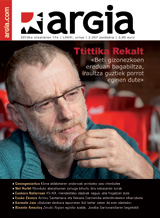

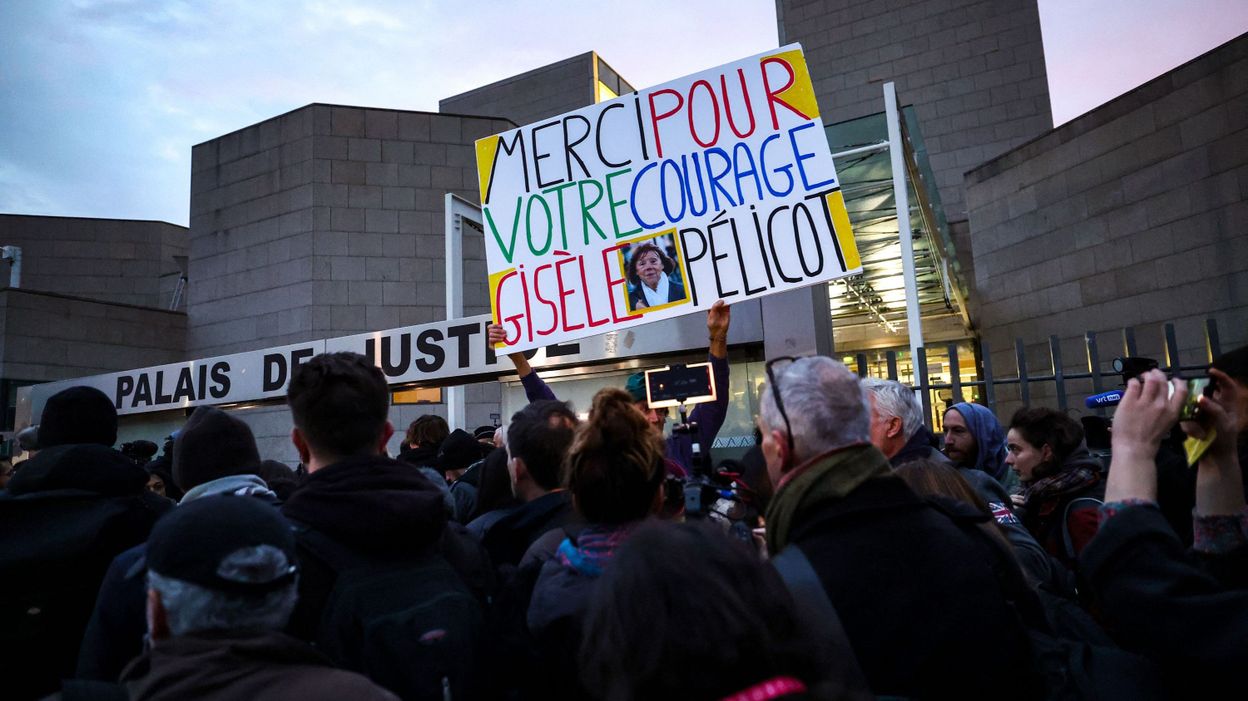
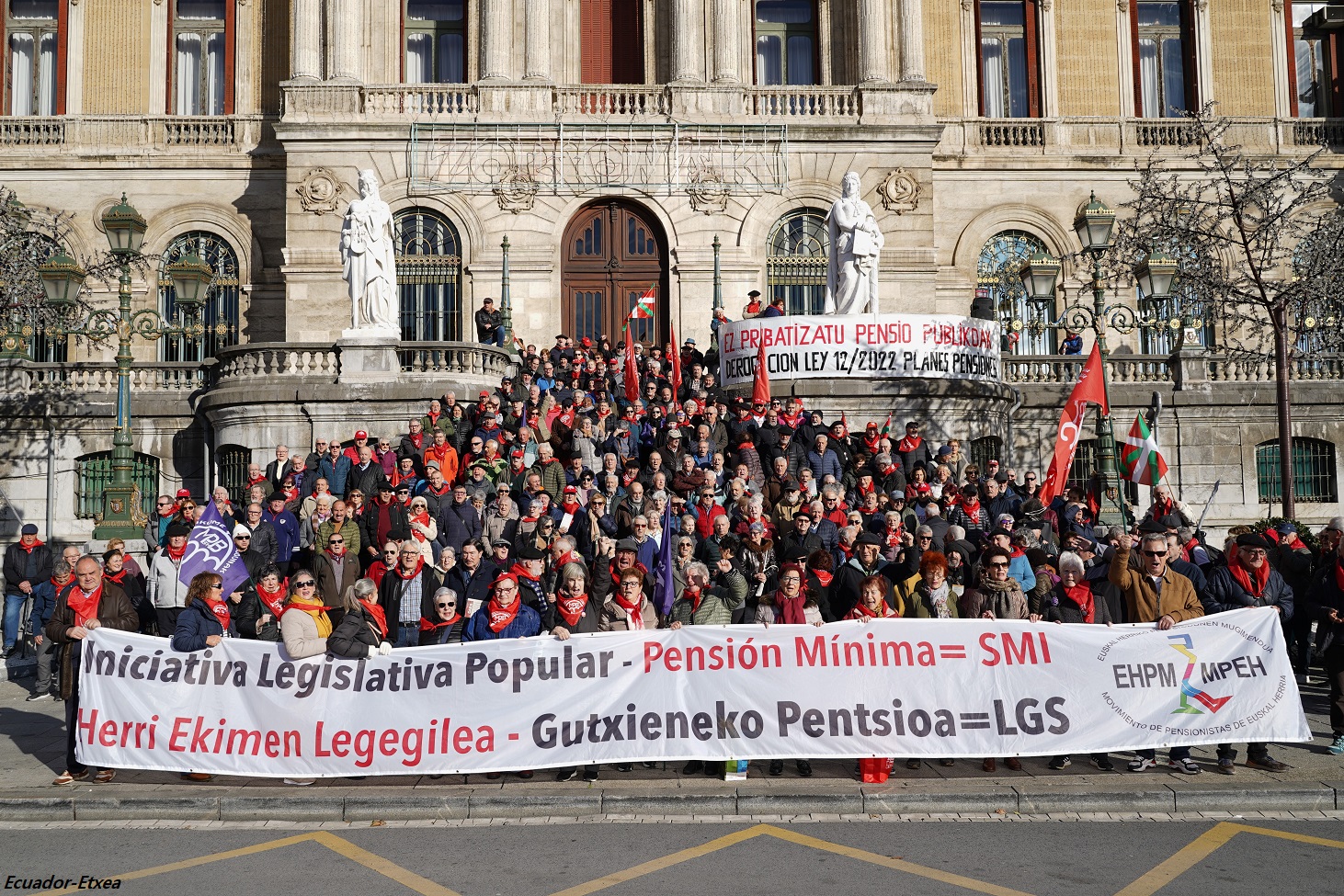
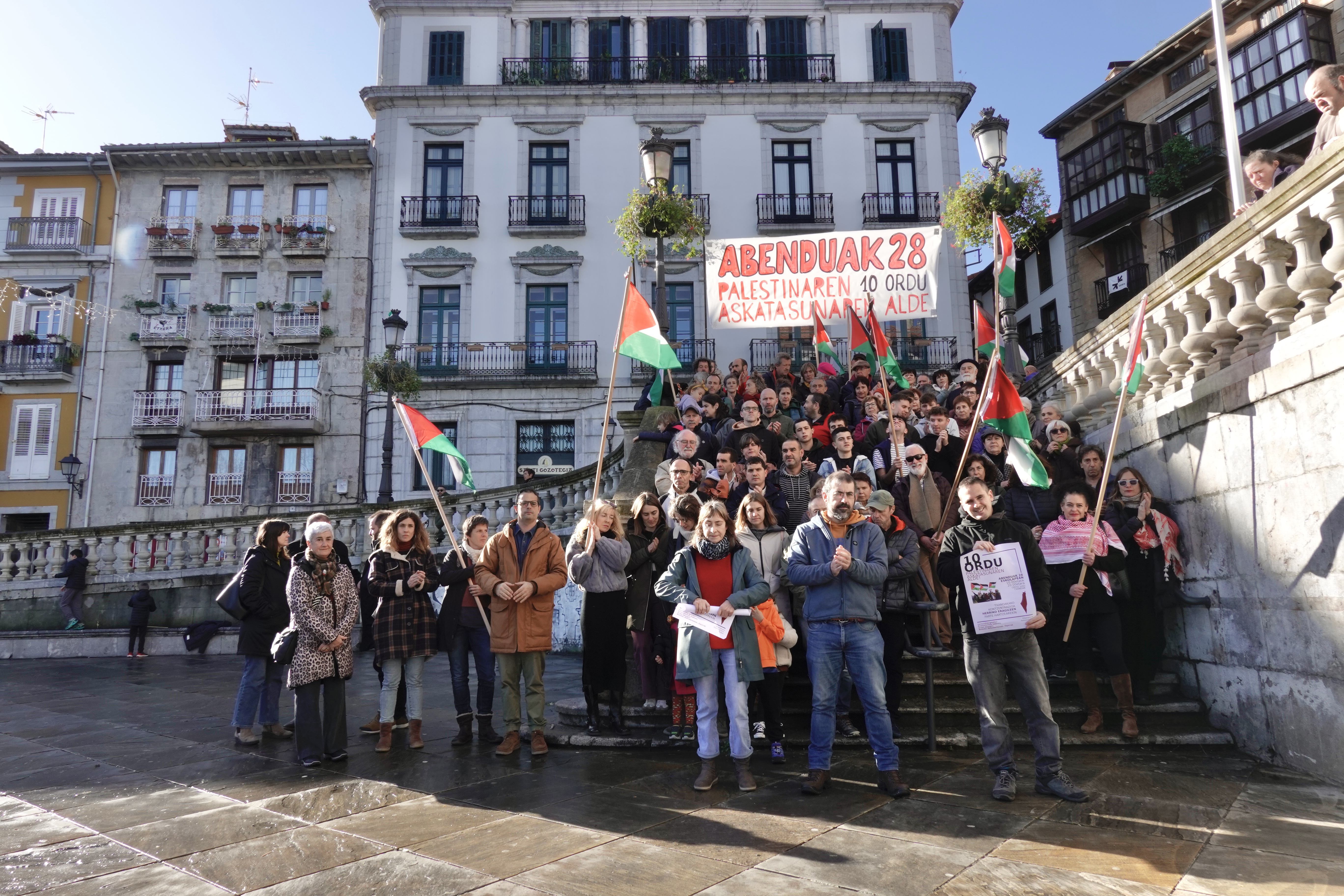



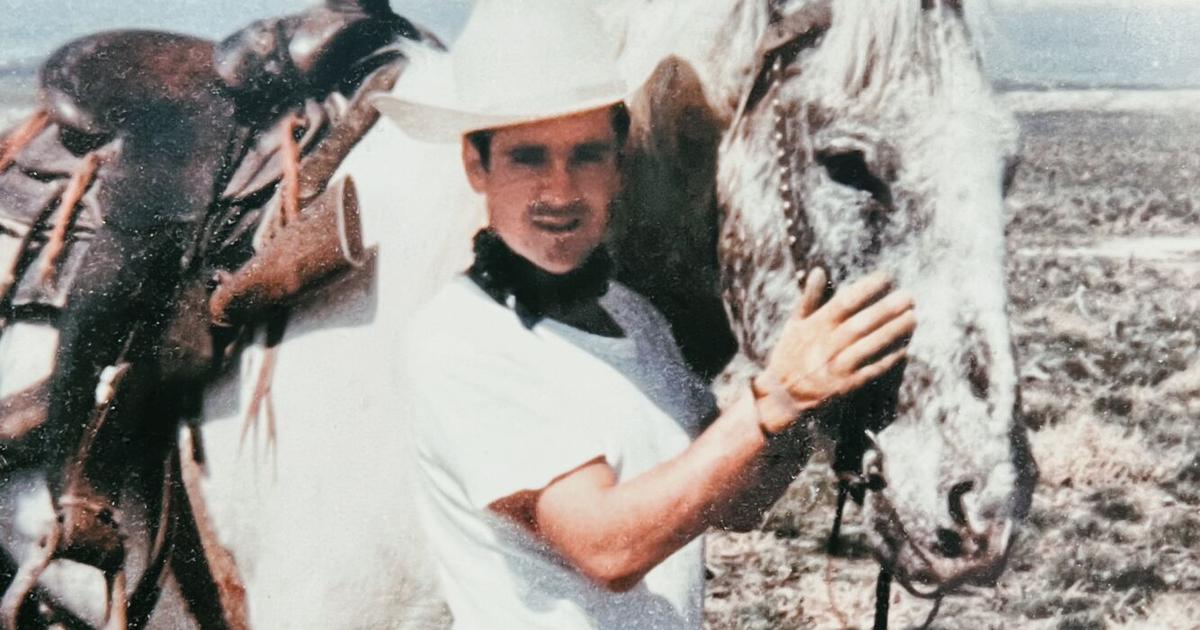
.jpg)
